October 17 and 18, 2023: SAS² 2023 Conference
Baltimore, MD
The second Sustainable Aquaculture Systems Supporting Atlantic Salmon (SAS²) conference brought 110 academic researchers, industry professionals, government officials, educators, and students together at the Institute of Marine and Environmental Technology (IMET) in Baltimore in October 2023.
The conference consisted of nine panels addressing key challenges to the industry, populated by 50 panelists from the US and abroad, as well as two keynote presentations. Panelists represented diverse and transdisciplinary project partners from research, industry, federal, and education fields. The conference structure encouraged questions and commentary from the audience, which resulted in thoughtful discussions over the course of the conference. Participants also had the opportunity to tour aquaculture facilities at IMET’s Aquaculture Research Center and The Conservation Fund’s Freshwater Institute (CFFI).
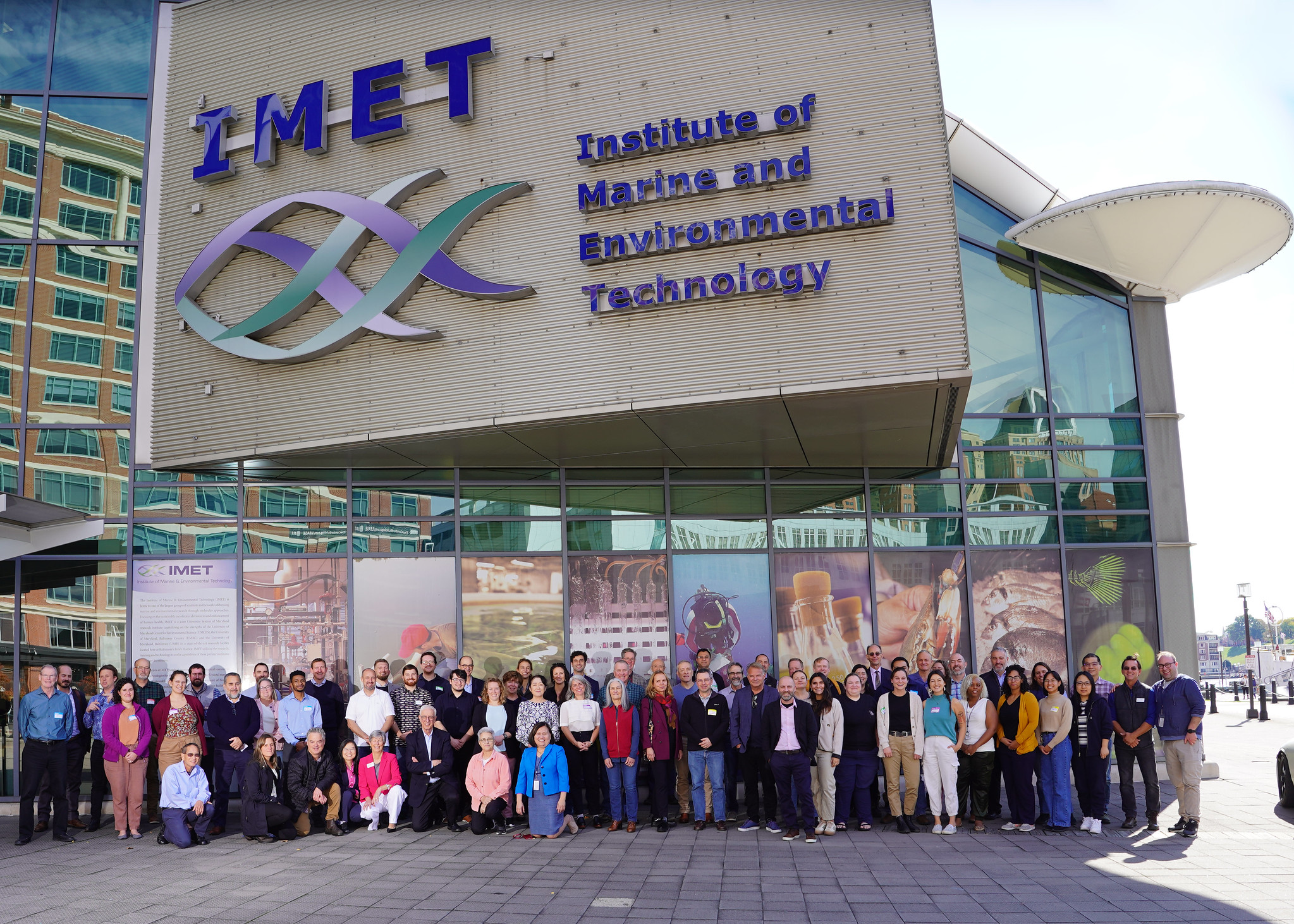
April 20th-21st, 2023: Special SAS2 Session
RASTECH, Grande Lakes, FL
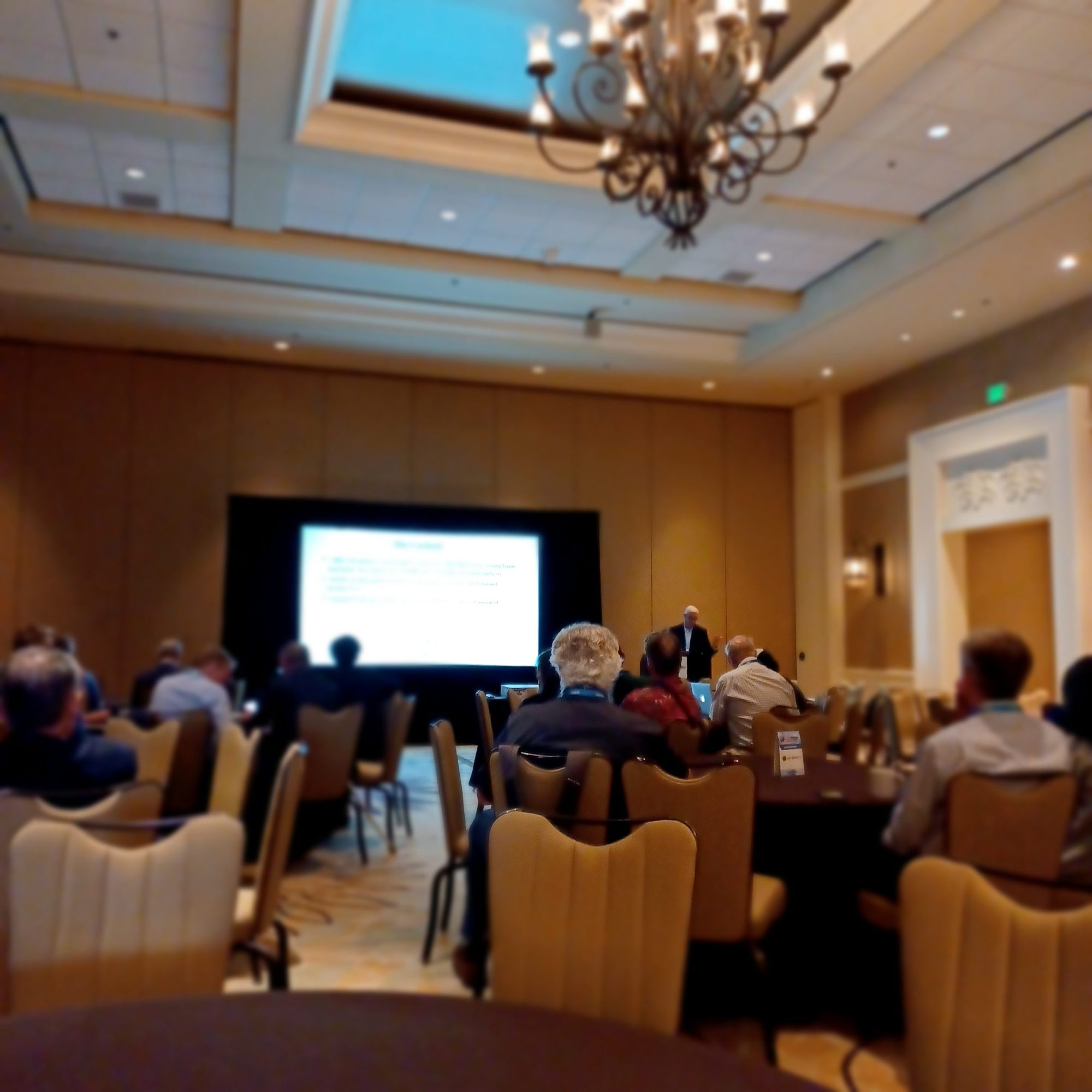
September 27th-29th , 2022: Joint Conference of Recirculating Aquaculture Salmon Network (RAS-N) and Sustainable Aquaculture Systems Supporting Atlantic Salmon (SAS2)
Orono, ME
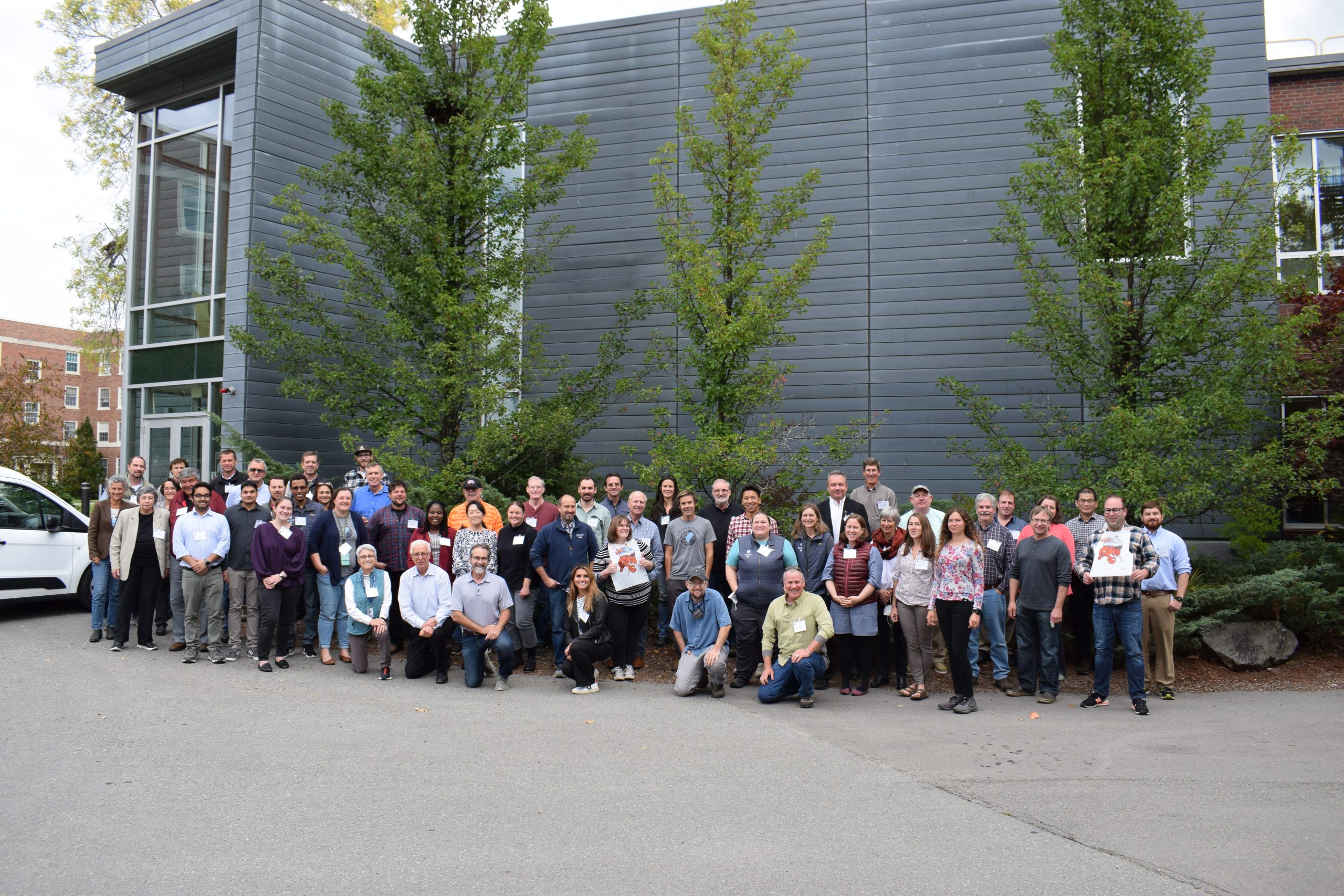
March 1st, 2022: Special RAS Session
Aquaculture America, San Diego, CA
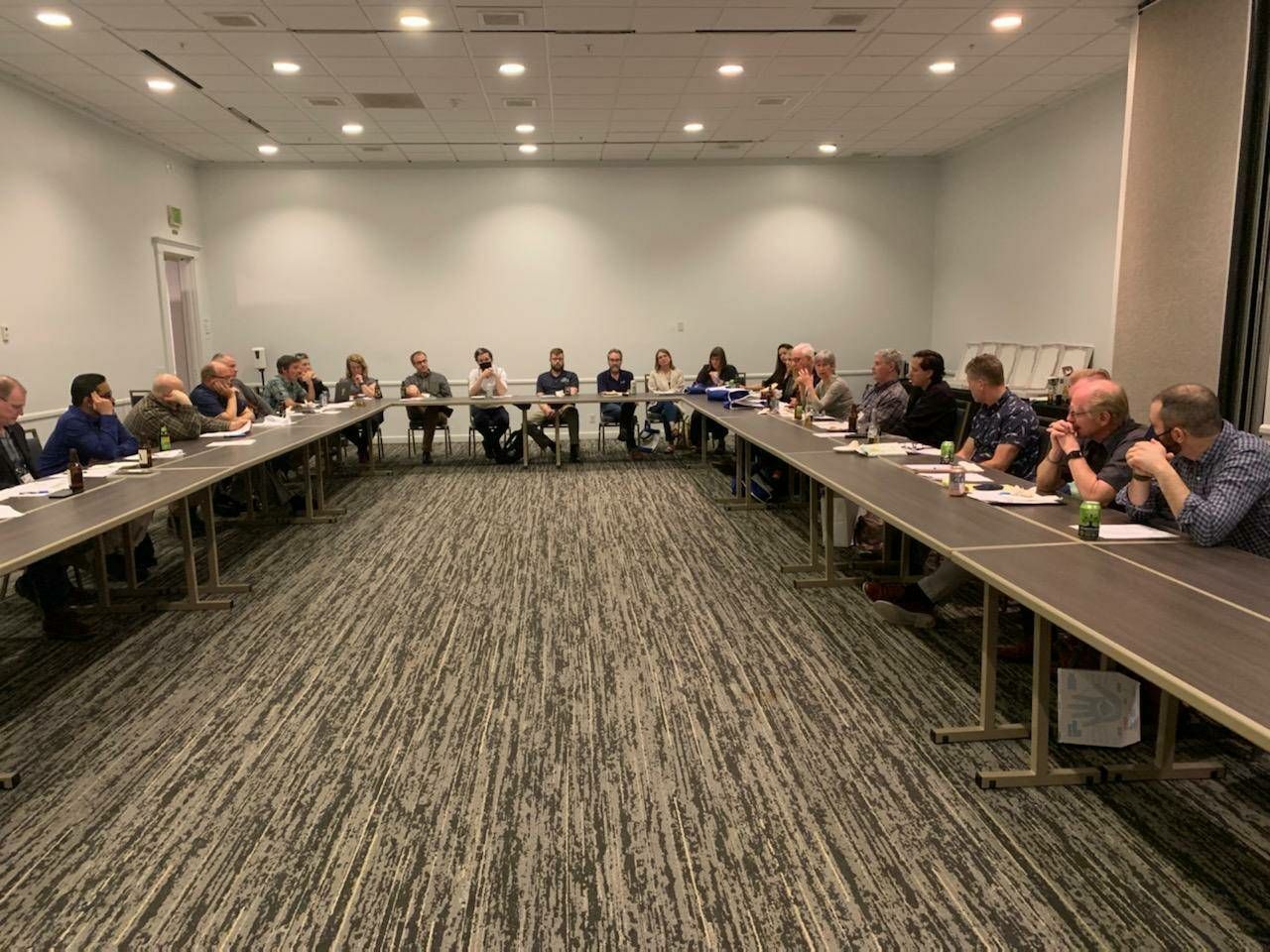
February 8th-9th, 2022: Third Annual RAS-N Workshop (virtual)
University of Maine, Orono, ME
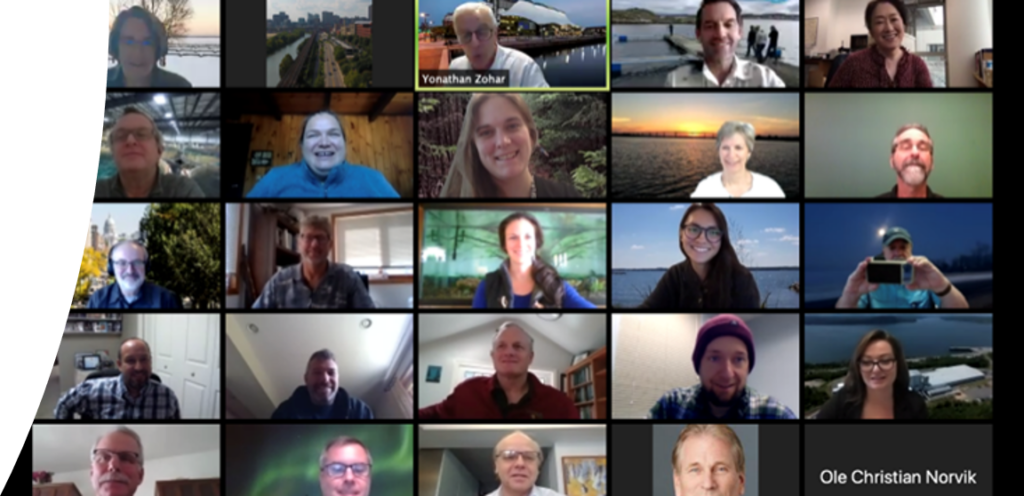
October 8-9, 2020: Second Annual RAS-N Workshop (virtual meeting)
Institute of Marine and Environmental Technology (IMET), Baltimore, Maryland
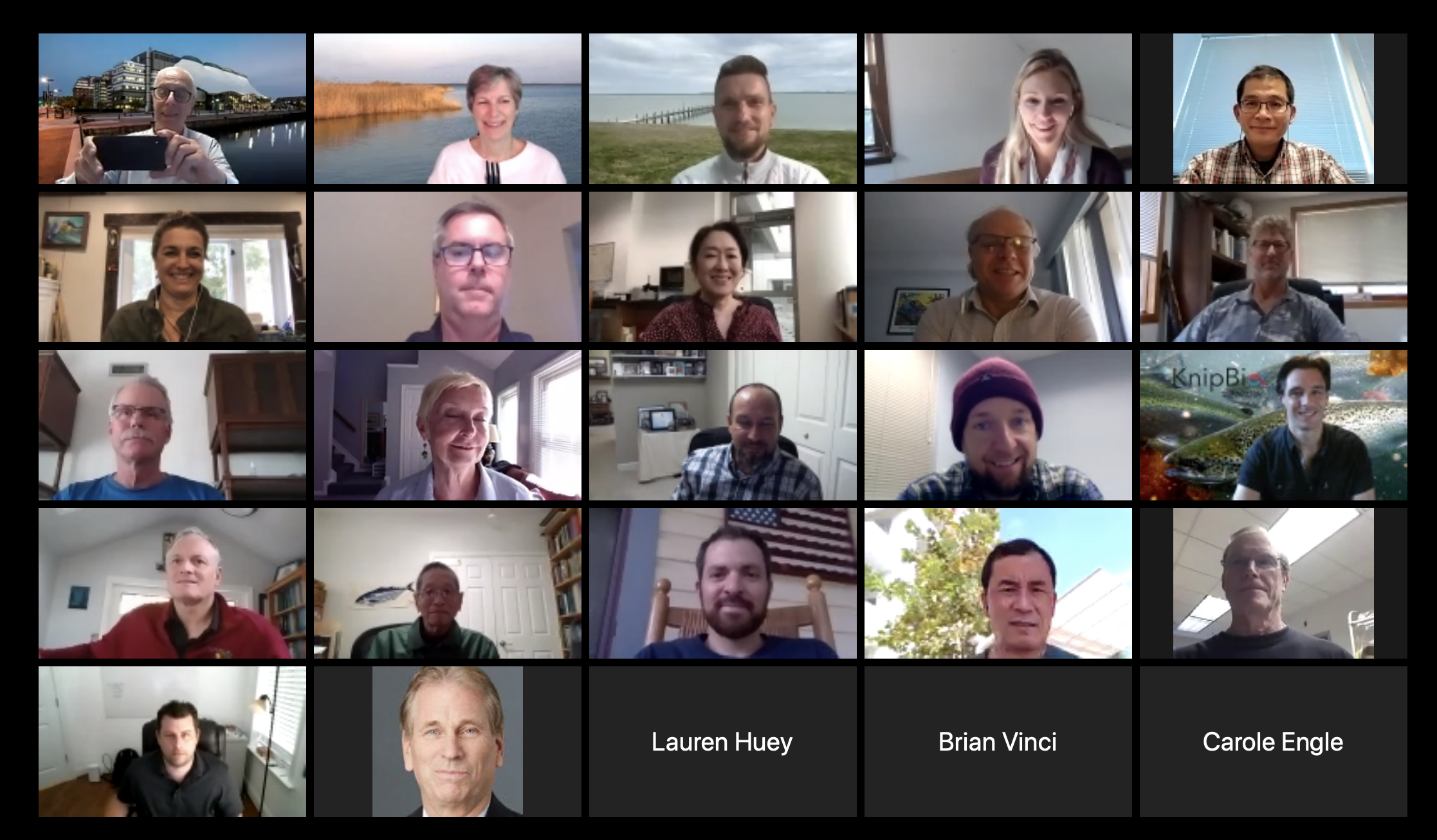
December 10-11, 2019: Inaugural RAS-N Workshop
Harbor View Event Center, Washburn, Wisconsin
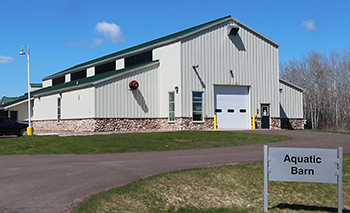
Photo credit for header photo at top: Narayan Mahon, taken at the University of Wisconsin-Stevens Point Northern Aquaculture Demonstration Facility.